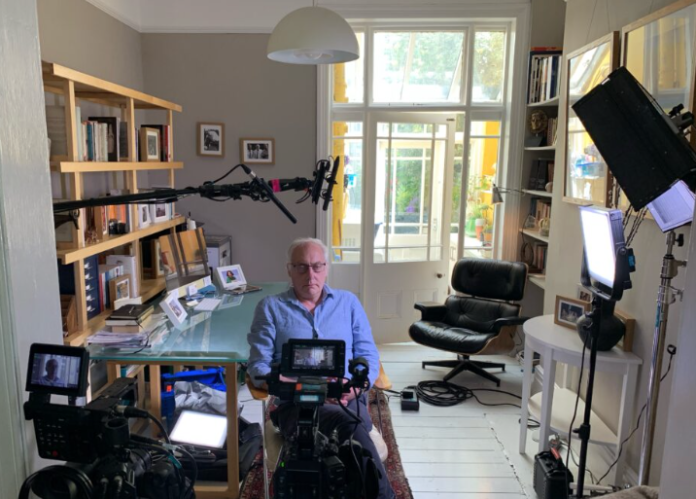- ‘Lies, damned lies etc…’ - 13th February 2026
- Missing in action - 12th February 2026
- Travel news again - 11th February 2026

During 23 years with the BBC, and a 41 year journalistic career (when he was trained to use clear and simple language, avoiding jargon), for our Editor, Welshman Phil Parry, terrible tragedies were a mainstay of his journalism when uncomfortable facts later started to emerge, as is happening now with the awful aeroplane crash in South Korea, which killed 179 people.
In Current Affairs or Investigative journalism, you might not react straight away, but wait until the dust has settled a little.
This rule is now underlined by what has happened in South Korea.
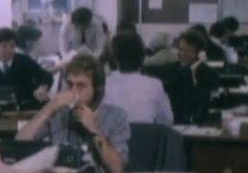
Between Christmas and New Year an appalling plane ‘accident’ at Muan International Airport left 179 dead.
Covering the shocking incident itself can safely be left to news reporters, but soon major questions started to emerge and exploring them is the job of journalists like me.
For instance important queries are now being raised about a concrete wall at the end of the runway which may have been put there for safety reasons, but could actually have contributed to the death toll.

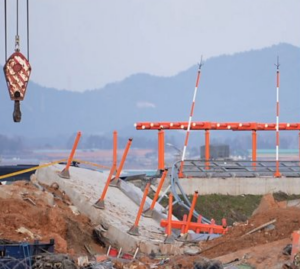
Footage shows the Jeju Air plane coming off the runway before colliding with the wall and bursting into flames.
Authorities investigating the cause of the country’s worst-ever plane crash are considering the significance of the concrete wall’s location about 250m (820ft) off the end of the runway.
Deepening the mystery, a pre-flight inspection of the aircraft hours before it crashed found “no issues”, the airline company has said.
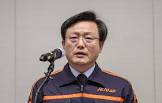
The Chief Executive Officer (CEO) Kim Yi-bae proclaimed: “Nothing abnormal was noted with the landing gear”.
Air safety expert David Learmount said that, had the “obstruction” not been there, the plane “would have come to rest with most – possibly all – those on board still alive”.

The behaviour of officials after the crash has also been called into question.
It is obvious that friends and family are unhappy, and they are often driven by their tremendous grief to secure internal documents which are then leaked to journalists like me.
At a briefing, it was evident that frustration was boiling over.
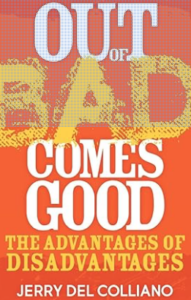 Some relatives were shouting at those in charge, and were angry they have still not been able to see their loved ones’ bodies.
Some relatives were shouting at those in charge, and were angry they have still not been able to see their loved ones’ bodies.
As a book some years ago said: “Out of bad comes good”.
Its author, Jerry Del Colliano, is as it happens an expert on journalism.
Perhaps he knows a thing or two about the difference between news reporting and Current Affairs or Investigative journalism.
It seems a shame, though, that it’s taken the deaths of all those people to highlight this…

‘Out Of Bad Comes Good: The Advantages of Disadvantages’ is published by Morgan James.
Tomorrow – how more employees are to be recruited at troubled Cardiff Airport (CA), but the news has been condemned on an important Facebook (FB) page with a critic emphasising that it has more ‘special assistance’ staff than baggage handlers, and amid mounting alarm over the institution being bought originally for millions of pounds in public money, when a Scottish equivalent was purchased for only £1.








